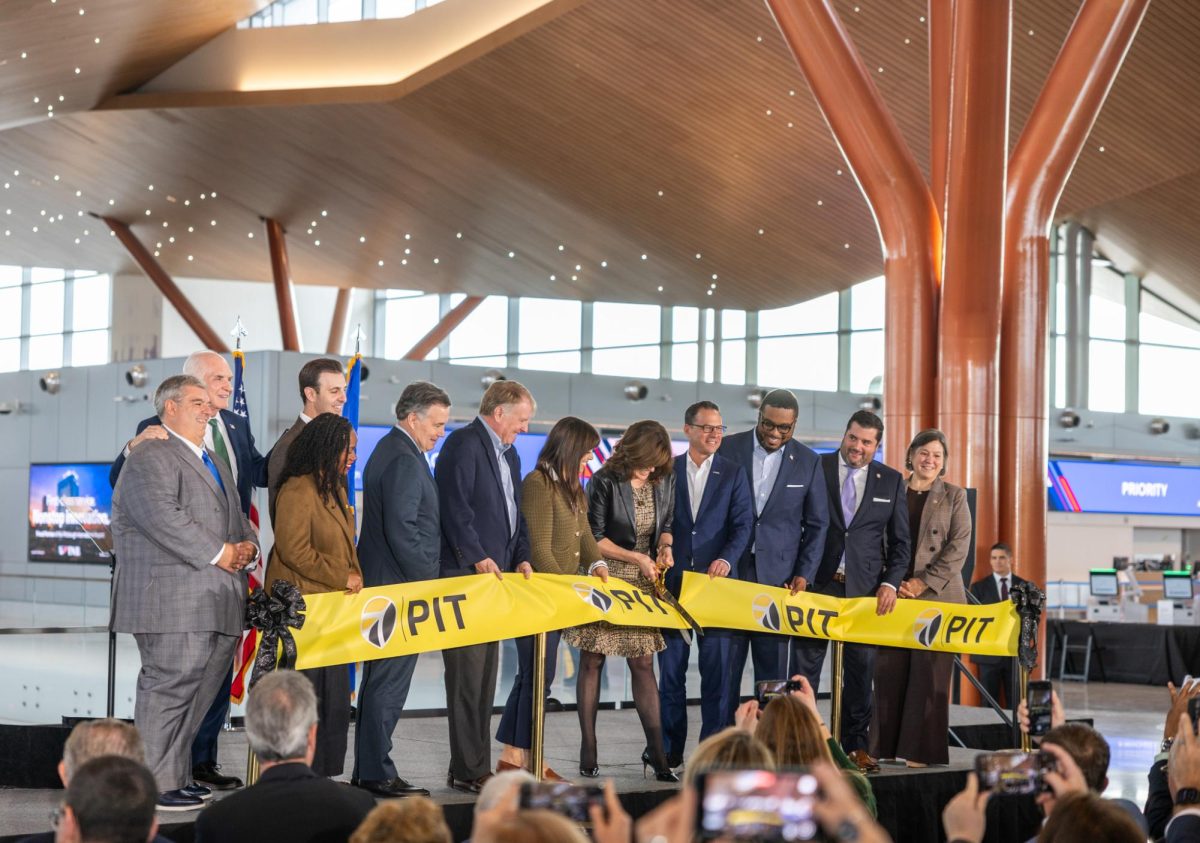MOON TOWNSHIP- This Tuesday, October 14th, RMU hosted a seminar surrounding business communication in Egypt, as well as how high-context cultures communicate differently.
The interview questions would be answered by Dr. Mohammed Omran, a Rooney International Visiting Scholar and native of Egypt.
The interview itself was moderated by Dr. Wegrezecka-Kowalewski, a University Lecturer in Intercultural Communication, a native of Poland, and Connor Gerst, an RMU student majoring in Advertising.
The topics centered around collaborating with people of different cultural backgrounds and understanding the differences in communication between low-context and high-context cultures.
One of the first questions asked during the seminar was centered on time orientation, and how it is viewed by high and low context cultures.
High-context cultures are viewed as stricter in relation to time management. In the context of time orientation with meetings, for example, Dr. Orman stated, “If you are going to meet with people of higher authority… You need to be ahead of time with a meeting.”
Considering Egypt is a high-context culture, time management and orientation are very important things to remain consistent with.
Even while low-context cultures are more relaxed with time management, it is still seen as important to be on time, but these factors also tend to be more individually prominent rather than general.
When a question that was asked relating to the significance of your title, and how it is properly used, Dr. Orman replied, “Title is very important. Even now, when I’m walking and, in my jacket, I have my business card….”
He further elaborated that in Egypt, anywhere you go, the first thing you do when introducing yourself is show your business card, which shows your full name and highlights you and your status, mostly relating to professions or career aspects.
“In reality, it is important to be careful, especially with professions, to address them by their title first, whether it be with a doctor or a professor.”
This highlights the difference specifically with cultures that have a more pronounced social hierarchy, rather than more egalitarian cultures.
To best summarize the seminar, it discussed certain social and communicative differences between cultures and how, over time, these differences can be understood more fluently amongst people of similar and differing backgrounds.



